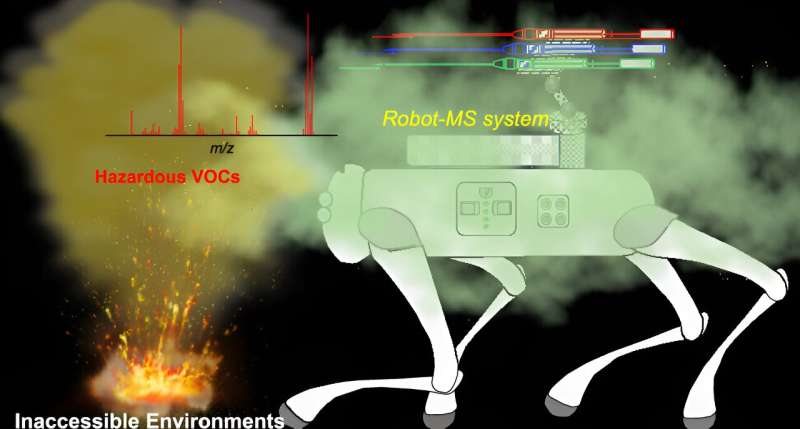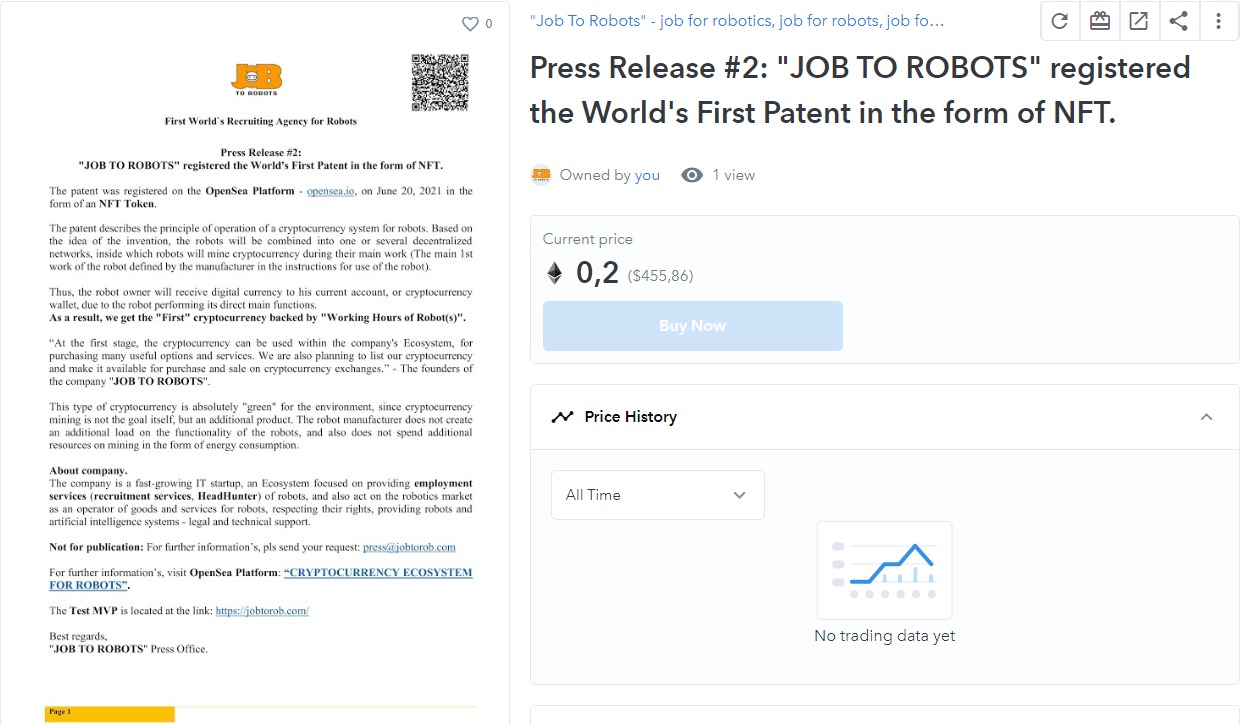Elon Musk thinks he has found the solution to America's growing debt crisis: robots. The billionaire entrepreneur says that humanoid robots and fully self-driving cars could dramatically boost the country's economic growth over the next few years.
Musk's Economic Plan
Speaking on social media platform X (formerly Twitter), Musk said he has reached an "obvious conclusion" that the United States needs to accelerate economic growth to avoid a debt disaster. He believes robots could be the key to making this happen.
According to Musk, humanoid robots will start contributing to some countries' economies within 4 to 5 years. Self-driving cars without human drivers could begin helping even sooner, possibly within 1 to 2 years.
The Tesla and SpaceX CEO has been stepping back from his political roles in the Trump administration to focus more on his companies. He previously led efforts to improve government efficiency but now says he wants to concentrate on developing the technology he believes could save America's economy.
The Debt Problem
Musk's comments came in response to social media users discussing America's financial challenges. One person wrote that explosive economic growth might be the country's "only chance" given current spending levels. Another suggested that Musk moved away from politics specifically to focus on creating robots that could boost the economy.
Musk confirmed this theory, explaining that while government efficiency efforts can help delay financial problems, only a major increase in productivity can truly save the country from its spending habits.
Musk's Robot Predictions
This isn't the first time Musk has made bold predictions about robots. He has previously said that by 2040, there could be 10 billion humanoid robots around the world. He estimates these robots would cost between $20,000 and $25,000 each.
Musk has also claimed that robots will become better than the best human surgeons within about 5 years, showing how quickly he believes robot technology will advance.
How Robots Could Help the Economy
The idea behind Musk's plan is that robots could dramatically increase productivity across many industries. If robots can do jobs faster, cheaper, and more efficiently than humans, companies could produce more goods and services. This increased production would theoretically lead to higher economic growth.
Self-driving vehicles could also boost the economy by making transportation more efficient and reducing costs for businesses that rely on shipping and delivery.
Questions About the Plan
While Musk is optimistic about robots saving the economy, his timeline is aggressive. Many experts believe fully functional humanoid robots and completely autonomous vehicles are still years away from being widely available and affordable.
There are also questions about how quickly these technologies could actually impact economic growth, even if they work as promised. Economic changes typically happen gradually, and it's unclear whether robot-driven productivity gains could happen fast enough to address America's debt concerns.
Musk's focus on robots as an economic solution reflects his belief that technological innovation can solve major societal problems. By stepping back from government roles to concentrate on his companies, he's betting that private sector innovation will be more effective than political solutions.
Whether robots can actually deliver the explosive economic growth Musk envisions remains to be seen. But his predictions highlight how some leaders are looking to emerging technologies as potential answers to America's biggest challenges.
The success of this robot-powered economic plan will likely depend on how quickly the technology develops and whether it can be implemented widely enough to make a significant difference in national productivity levels.


















